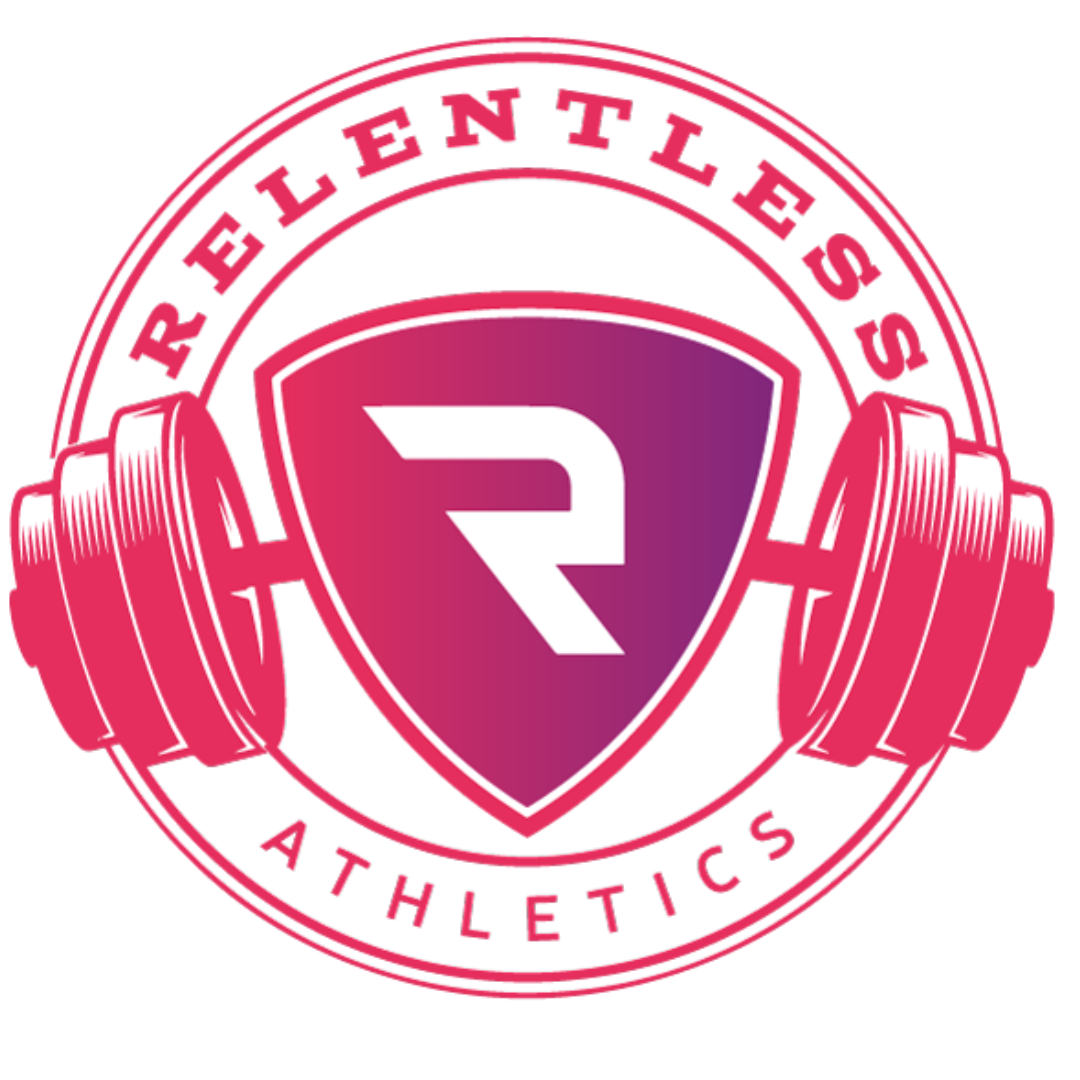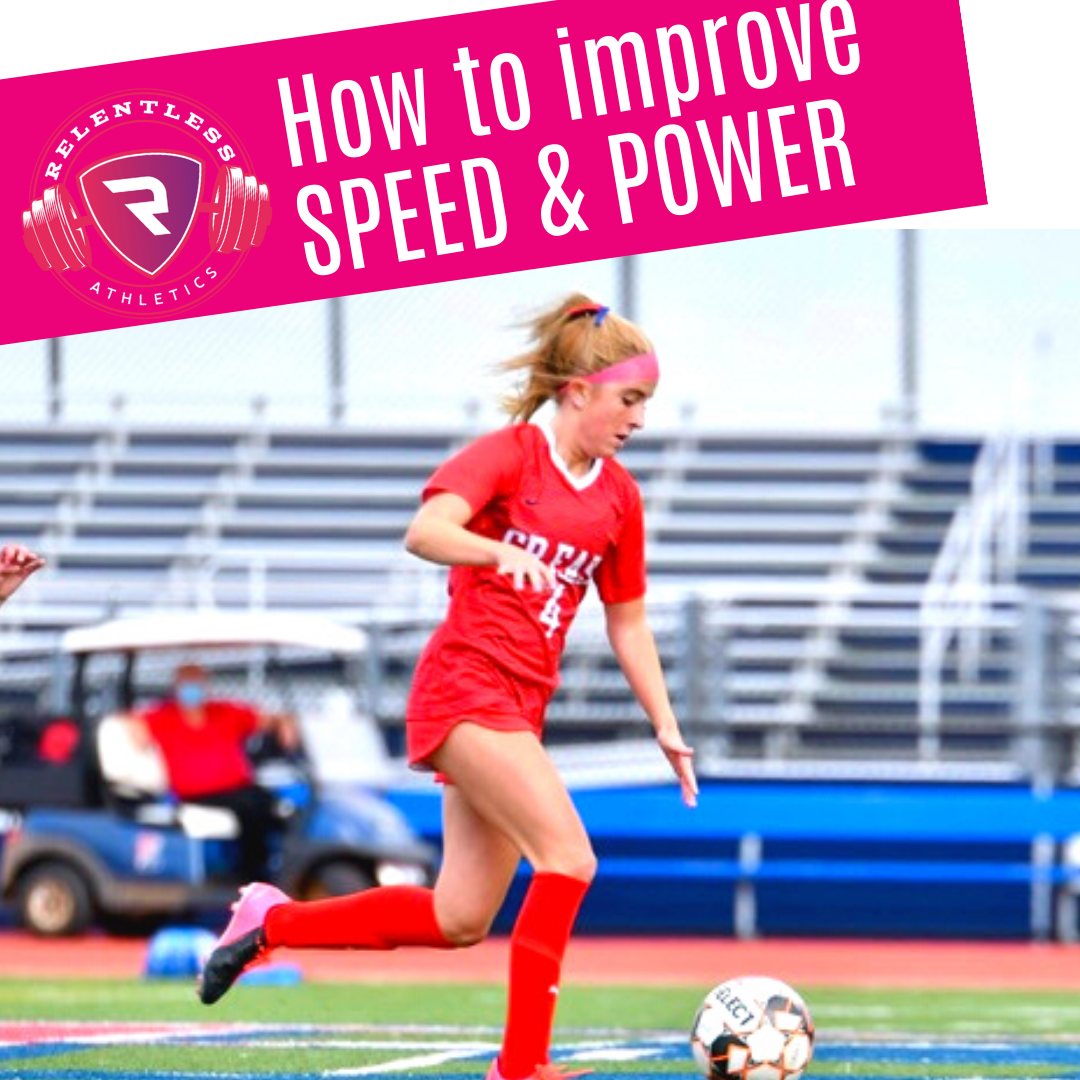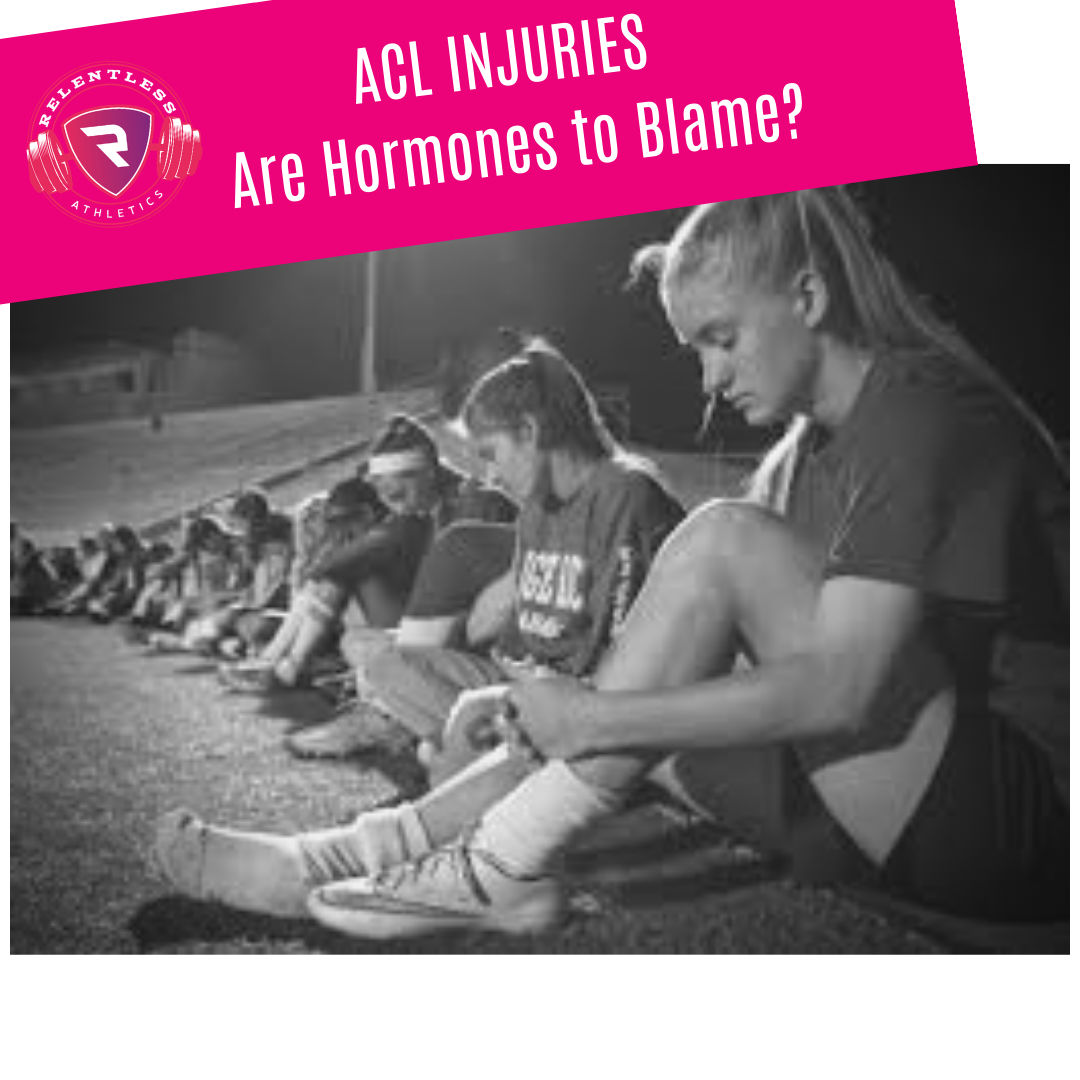ACL Injuries: Why FEMALES more than Males?
As a parent of a female athlete, there is a chance tearing her ACL has crossed your mind more than once.
Over the years we have heard things from Q-angles, to hormones, to the menstrual cycle phases that can all contribute.
Unfortunately, with technology there is a large stream of misinformation that is impacting your daughter’s health and performance.
Our recent intern created a great video that succinctly explains the current science behind female athletes, ACL tears, and what YOU can do to support her from experiencing this injury!
Check it out!
Protecting Your Daughter from ACL Injuries: Understanding the Factors and Importance of Training
As a parent, you want the best for your daughter, especially regarding her sports performance and well-being. One area of concern for female athletes is the risk of anterior cruciate ligament (ACL) injuries. Research has shown an increasing incidence of ACL injuries among female athletes, particularly during adolescence. To protect your daughter from these injuries, it is crucial to understand the complex factors involved and the importance of training.
This article aims to provide parents with valuable insights into ACL injuries and highlight the significance of injury prevention strategies.
Empowering Your Daughter Through Strength Training: A Guide for Parents
This post aims to give parents valuable insights into the importance of strength training for their daughters, debunk misconceptions, and empower them to support their daughters' training journey.
Key Psychological Factors in ACL Recovery for the Female Athlete
Female athletes are more likely to suffer an ACL injury than male athletes. When it comes to rehabilitation, most focus is played on physical factors. Yet fear of reinjury is the greatest reason for the failure to return to play.
This article discusses the psychological factors that have proven to play a role in the female athlete’s recovery.
The OPTIMAL frequency of skill sessions to add to your athlete's schedule
Female athletes are more likely to suffer a knee injury than male athletes(1), especially during adolescence. But WHY? And what can the female athlete do about it?
This article helps you understand the deal with female athletes and their knees and how to reduce the risk of future knee injuries!
The Ultimate Guide to Female Athletes and Knee Injuries
Female athletes are more likely to suffer a knee injury than male athletes(1), especially during adolescence. But WHY? And what can the female athlete do about it?
This article helps you understand the deal with female athletes and their knees and how to reduce the risk of future knee injuries!
How Does Nutrient Timing Affect Athletic Performance
You may have heard the word “macronutrient” being thrown around on “FitTok”, but what exactly does it mean?
The term macronutrient, often called macros, refers to the nutrients that the human body requires for energy and to maintain the body’s systems and structure. These include carbohydrates, protein, and fat.
It is ESSENTIAL for athletes to consume a ratio of all three macronutrients to ensure they reach their training goals.
How SLEEP affects sports PERFORMANCE and INCREASES the risk for sports INJURIES
Sleep is crucial especially for athletes due to the high demands of their sport.
It is often overlooked due to the lack of knowledge athletes have on the importance of sleep for recovery needed in order to play their best out on the field.
Fatigue and lack of sleep is prevalent in many female athletes because of daily stressors. It is the easiest thing that can be put on the back burner until it takes a toll on their body.
Sleeping 4-6 hours a night is NOT enough!
Read down below as we dive into the importance of sleep and how sleep deprivation affects sports performance which increases the risk of sports injuries.
How the female athlete can improve her SPEED & POWER
Many female athletes (and their parents) want their athlete to sprint FASTER, jump HIGHER, or change direction more EXPLOSIVELY
But what is the MOST EFFECTIVE training to help enhance this POWER OUTPUT?
Contrast Training is an effective modality to enhance a female athlete’s muscular qualities to allow for GREATER POWER OUTPUT
This article aims to explain how contrast training elicits an adaptive response….and what your athlete needs FIRST in order for this method to work:
It needs to be said: “playing your sport is NOT ENOUGH to avoid detraining during the sports season”.
When sport seasons start, many female athletes stray away from the weight room as sport practices and games take over their schedules. The result: DETRAINING.
“But how can my athlete detrain when she is PLAYING her sport?”
It is simple, playing sports is NOT ENOUGH to maintain improvements realized outside of the season. In fact, after 3-4 weeks away from the weight room, all of the benefits your athlete realized begin to DECREASE and return to BASELINE.
Avoiding this detraining effect is easy, but it is important to understand why maintenance training is necessary if you want your athlete to maintain her speed, power, and avoid injury during her competitive sportsseason…..
A Balancing Act: Managing Training Loads for Improved Sport Performance & Decreased Injury Risks
For a female athlete trying to improve her lacrosse game, adding another 2 nights of practice to her schedule may not actually get her the results she wants...
For a female athlete who just rolled her ankle at softball practice... taking 3 entire days off may not get her back on the field as fast as intended.
LESS IS NOT ALWAYS MORE…. and MORE IS NOT ALWAYS BETTER.
The relationship between training load, injury, and performance is much too complex to simplify in a ‘DO MORE’ or ‘DO LESS’ statement. Rather, we have to consider the bigger picture when working towards a certain sport goal.
This is where managing an athlete’s TRAINING LOAD is key to help drive performance and decrease injury risks!
So what does this mean for the female athlete’s who play HIGH volume sports?
Too Young? Unsafe? No Time? Research Says...Young Female Athletes MUST Strength Train.
Lifting stunts growth! Lifting is dangerous! Lifting is necessary?
With more females engaging in sport than ever, overuse injuries ranging from tendonitis to stress fractures and non-contact ACL tears on the rise.
But research helps us understand although sport is not enough to prepare the youth athlete’s body for sport, she can do something else….
Balancing Sports Training & Recovery
As sports seasons commence and homework loads start to pile, female athletes are placed under massive amounts of stress.
Although some of the stressors are out of her control, there are 3 main factors she can manage that DIRECTLY influence how well she performs, recovers, and improves this season.
Read on to find out:
Female Athletes & Their Menstrual Cycles
Female athletes everywhere know their period will affect how they feel, and how they feel will affect how they perform. Although skipping a few periods or missing a period all together could seem attractive for a female who feels like crap on her period, a missing period or dysfunctional cycle is a HUGE warning sign that cannot be ignored.
This article helps explain the science behind the importance of a female athlete’s period in helping her perform and recovery and why a female athlete may be missing her period. Read on!
To Play Multiple Sports or to Specialize?: The Dilemma Faced by Female Athletes
Sport specialization vs multi-sport athletes is a hot topic when considering athlete development. When considering female athletes it is even hotter. And for good reason….
With knee injuries in female athletes occurring upwards of 2 to 5x the rate compared to male athletes in some sports, the relationship between sport specialization, sports success, and sports injuries is a conversation we NEED to have.
Although the topic is hot, the answer to the question: “should females athletes play multiple sports or specialize early?” is not so cut and dry...
Read on to find out why
Muscle Soreness & Sports Performance: Should you lift weights before a game?
Muscle soreness CAN lead to a decrease in power output! But is lifting weights the reason you are sore?
Or is there something “novel” we have to consider?
Mental Toughness And Female Athletes
Mental toughness seems to be a buzz word among sport coaches with methods ranging from extra running and ‘team bonding activities to limited water breaks and getting sick after a bout of hard sprints.
Find out which methods are causing more harm than good and what parents, coaches, & fellow athletes can do instead to help maintain a positive & motivational atmosphere that is crucial for female athletic development.
Do Female Athletes Get ACL Injuries Because Of Hormones?
Research demonstrates females are 3-6x more likely to experience an ACL injury compared to male athletes…..but are our hormones to blame?
Are female’s innately more fragile? Or is there much more to the story we need to consider….
Should I use Kinesio ® Tape?
KT tape seems to be all the rage with athletes….but what does the science say?
Does KT tape help injuries heal faster? Can it make you feel better? Or is it just a waste of money…..?
Girl, You Need to TRAIN. Why “Working Out” Doesn’t Work for Female Athletes.
Exercises that “work on” something and exercises that are designed within a training program will have vastly different results when considering female athletic development.
Learn how a training program differs from workouts, and how to approach programming for female athletes.




















